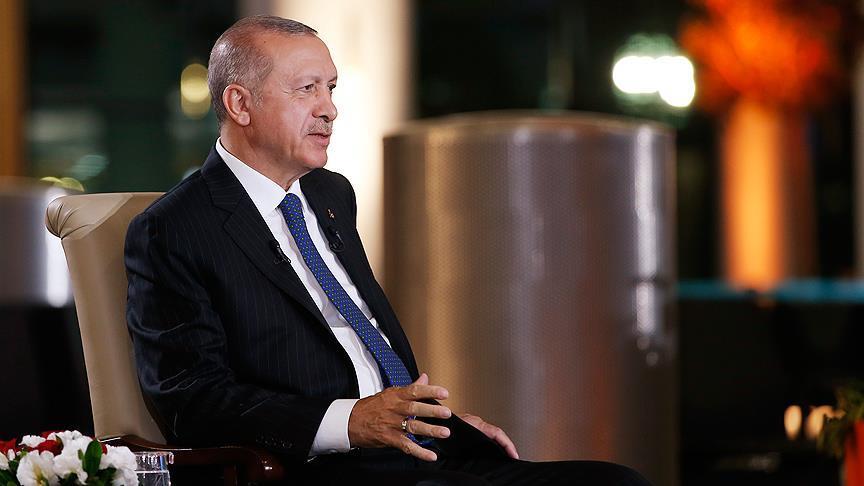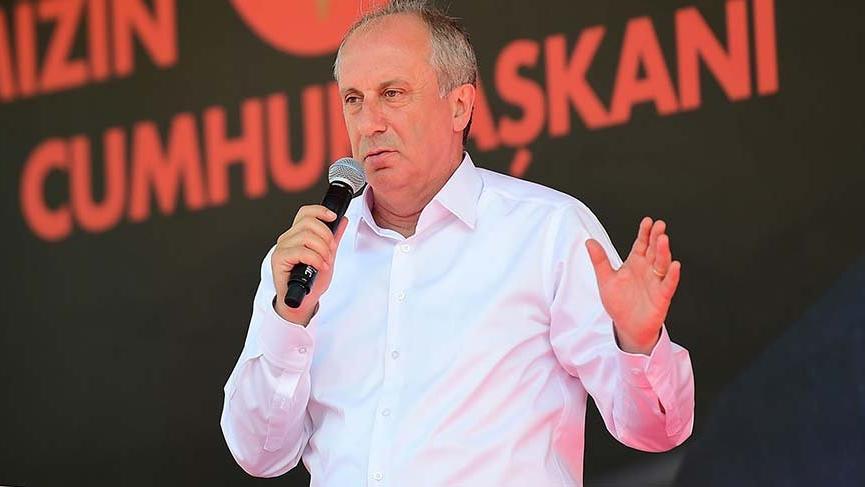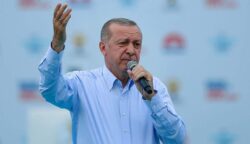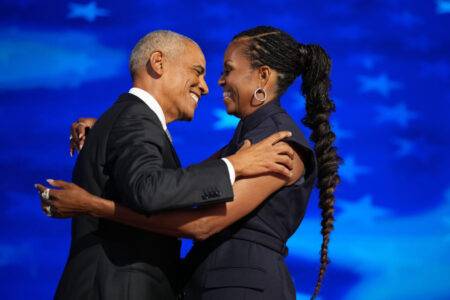Recep Tayyip Erdogan has won every election in Turkey for the past 16 years. The current economic crisis means he is now in danger of losing his parliamentary majority and re-election as president is far from certain.
At a campaign rally in Istanbul, President Erdogan lists his achievements for Turkey: New roads, better hospitals, more public transportation, more airports. At every rally, he hammers home the same message — he has transformed Turkey into a new modern nation.
The 64-year-old President has taken what he calls “old Turkey,” a place where garbage piled up on the streets, public hospitals were overrun, and roads were dimly-lit, single-lane death traps, and transformed it into a major thriving economy, with developed social facilities and economic stability.
He is a hugely popular figure and the transformation he and his Justice and Development Party (AKP) have delivered is globally admired. 12 electoral victories over the last 16 years, has made Erdogan the Turkish Republic’s longest-serving leader since it was founded in 1923.
But the President faces his toughest political challenge yet in snap elections on Sunday that Erdogan himself called. The elections are likely to be the most difficult of his political career.
Turkish voters go to the polls to elect both a president and a new parliament, and for the first time in more than a decade they have an array of strong candidates to choose from.
Internationally, the Turkish leader is admired, especially in the Muslim world, the first to stand up for the Palestinians and also his strong Sufi Muslim heritage, which has trickled down the political system.
The German’s have always kept a keen interest in Turkish politics, with a such a significant Turkish population residing in Germany, and the mood is always a little unsettled. The recent booing of the Turkish born German international footballer, Ilkay Gündogan demonstrates the tensions that exist within German society.
He also had his car vandalised in the wake of him posing for a picture with President Recep Tayyip Erdogan.
A champion of women’s right, he also supported ‘The Convoy of Conscience’ and hosted the female convoy at a dinner.

Polls in Turkey are typically partisan and unreliable, but Erdogan appears to be in front. Some polls suggest he will fail to win 50% of the vote, and that will mean a run-off round on July 8. This could be a particularly dangerous position for Erdogan to find himself in, as most opposition parties have vowed to galvanize their supporters to whoever challenges the incumbent leader.
If the candidates can steal some votes from the president, then the second most popular candidate may close the gap on Erdogan. The main opposition candidate Muharrem Ince drew what looked like the largest crowd in the elections period yet.

He is a charismatic former high school physics teacher promising to end the nepotism of the Erdogan government.
Ince is a not an obscure name in Turkey; the 54-year-old has served as a member of parliament for the last 16 years. He has managed to broaden his party’s appeal beyond its usual base of secular upper-middle-class voters to include pious Muslims and Kurds.
“Erdogan is tired, he has no joy and he is arrogant, On the one hand you have a tired man, and on the other you have fresh blood.” he said.
During the holy month of Ramadan, when Ince made appearances with his sister who wears a headscarf, he made clear he would continue to guarantee women’s right to wear the Islamic headdress in public spaces, including universities.
Erdogan’s success has stemmed from the manner in which he has consolidated power at every step of his career. He has crushed anti-government protests and in 2013 he evaded a corruption investigation into his inner circle.
After a failed military coup to remove his government from power in 2016, he eliminated his opponents by firing tens of thousands of government workers, gutting public institutions, jailing critical voices, and clamping down on the media.
Although, he narrowly won a referendum last year that will change Turkey’s parliamentary system to an executive presidency, giving whoever wins Sunday’s vote sweeping new powers.
Recent polls suggest Erdogan could still win the presidential election in the second round. The so-called “republican alliance” of the AKP and Nationalist Movement Party (MHP) could, however, forfeit its parliamentary majority to the opposition, which would mean Erdogan would no longer have a power base in parliament. The strong presidential system, which opposition politicians view as a form of dictatorship, would not materialize for him.
[simple-payment id=”7912″]






